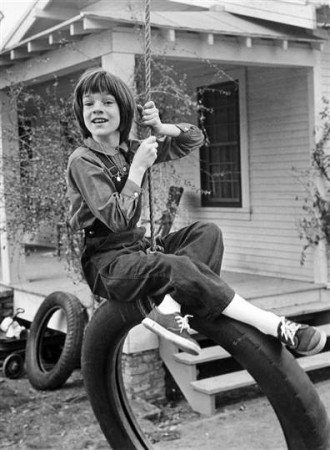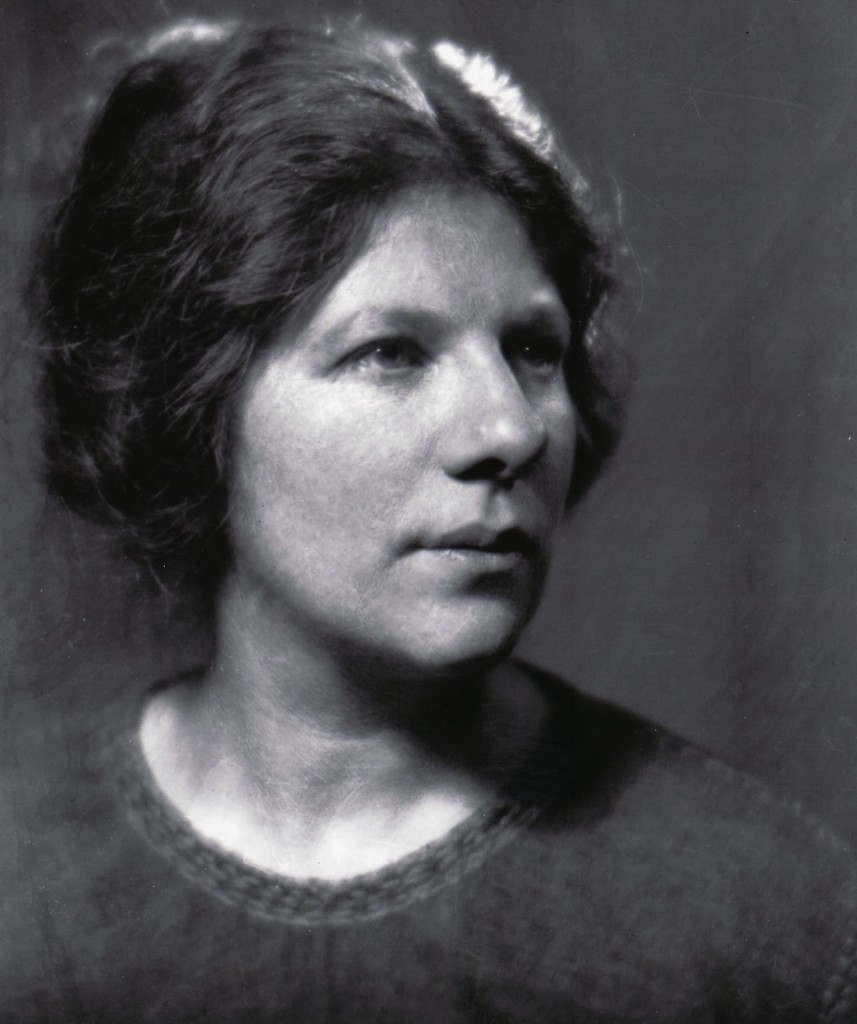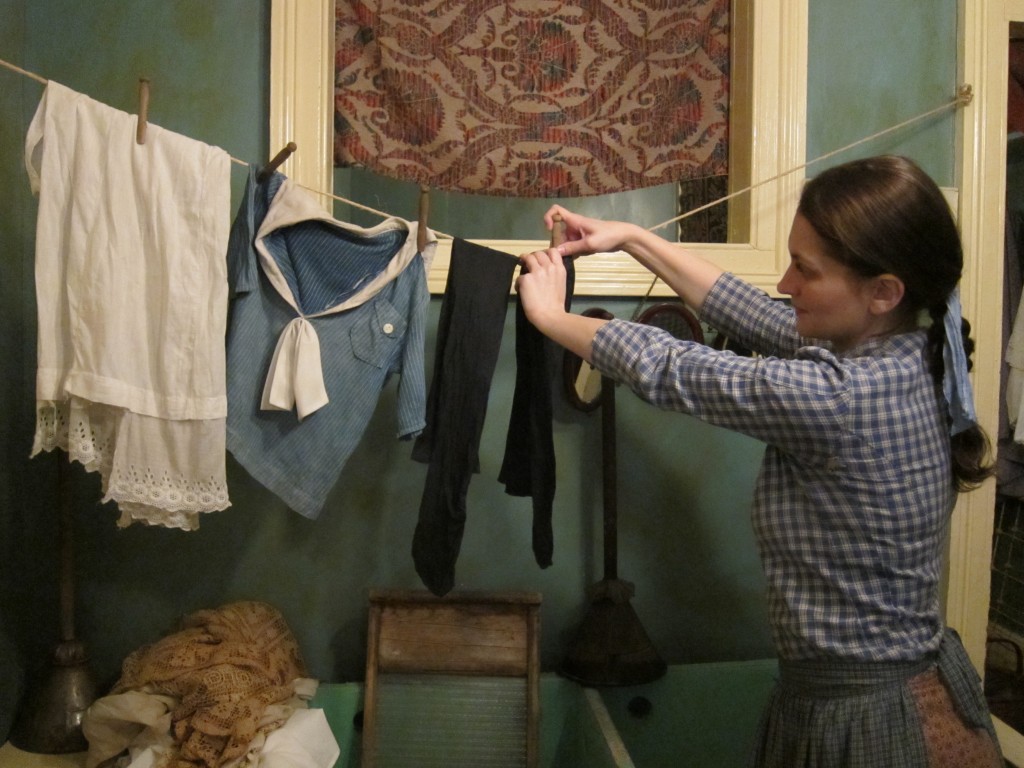Blog Archive
Bread Givers and Becoming a Person
Editor’s Note: Meredith Heil is the Museum’s Tenement Talks & Culinary Conversations Assistant. Our next free Tenement Talk, January 15 at 6:30pm at 103 Orchard Street, features essayist & critic Vivian Gornick, Yezierska scholar Alice Kessler-Harris, and Professor Miriam Cohen in conversation about Bread Givers and issues surrounding immigrant women’s transition to life in America.
I just finished reading Bread Givers, the focus of tomorrow night’s free Tenement Talk here at the Museum. Anzia Yezierska’s realist novel follows protagonist Sara Smolinsky as she grows up in a 1920s tenement on the Lower East Side, surrounded by poverty and her domineering Rabbi father’s constant preaching. Smolinsky, a Russian Orthodox Jew, is troubled by the injustice she sees: her sisters slave away at factory jobs to fund their father’s studies, marry men they don’t love just to get out of the house, and go without so the men can flourish. This dissatisfaction doesn’t paralyze Sara, however; it motivates her. Sara, like all good protagonists, is different. She struggles to break free from the limits of authority and her social reality, to seek a better life according to her own dreams and desires.
Yezierska’s tough, skinny little hero falls into a long line of literary characters that were the reason I loved reading as a child and still love it today. From Little Women’s Jo and Harper Lee’s hardscrabble Scout Finch, Carson McCullers’ spitfire Frankie Addams and thoughtful Mick Kelly, to the tree-climbing Leslie Burke in Bridge to Terabithia, tomboys have always been at the heart of the novels I love the most. These characters showed me that even if you were a girl, having some fight in you could be a good thing, a special thing, and that it could help you grow up to be somebody–“To become a person,” as Sara would say.
Bread Givers is uniquely immigrant-focused, which gives it its distinct spin and makes it the perfect subject for a Tenement Talk. Born in Poland, Yezierska immigrated to the U.S. in the 1890s and settled on the Lower East Side. In her introduction, Alice Kessler-Harris describes Bread Givers as Yezierska’s most autobiographical work, noting Yezierska’s intimate affinity for her spunky and driven tomboy protagonist and her difficult process of becoming American.
I recently found another personal connection to Bread Givers. I took my nephew on the Tenement Museum’s “Meet Victoria” tour, which brings to life the Confino family, Greek Sephardic Jewish immigrants who lived at 97 Orchard in the early twentieth century. Victoria Confino, played by a costumed educator, acts as a guide to tenement life.
Watching Victoria describe cooking and cleaning for her many brothers, I could tell my nephew was trying to make sense of Victoria Confino’s situation. Unable to finish school or go to college, maybe she couldn’t grow up to be whatever she wanted to be, like my nephew knows he can.
I imagined Bread Givers’ Sara as Victoria, throwing off her apron to stand up to oppression and achieve independence through education and determination. By stepping out on her own, protagonist Sara Smolinsky exemplified the spirit and courage a young girl is capable of (or something!?!) in the same way as Mick Kelly and Scout Finch did in the books of my youth. I’m inspired to share this book with generations to come, and I hope to see you at tomorrow’s Tenement Talk! Details on the program are right here.
Wild with all that was choked in me since I was born, my eyes burned into my father’s eyes. “My will is as strong as yours. I’m going to live my own life. Nobody can stop me. I’m not from the old country. I’m American!” – Bread Givers
—Posted by Meredith Heil


